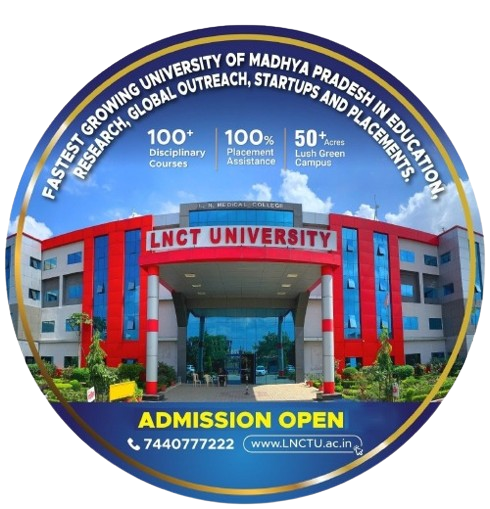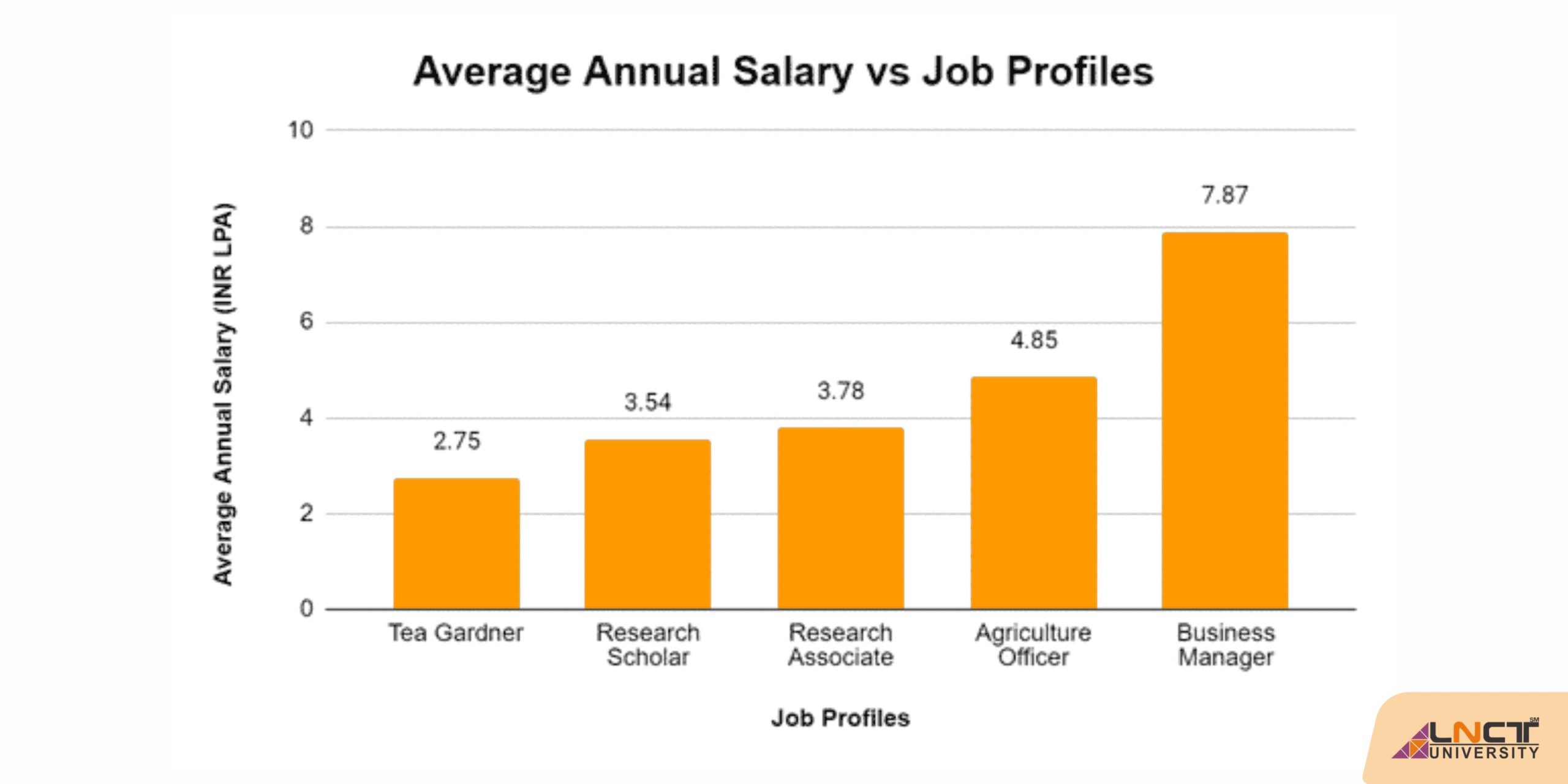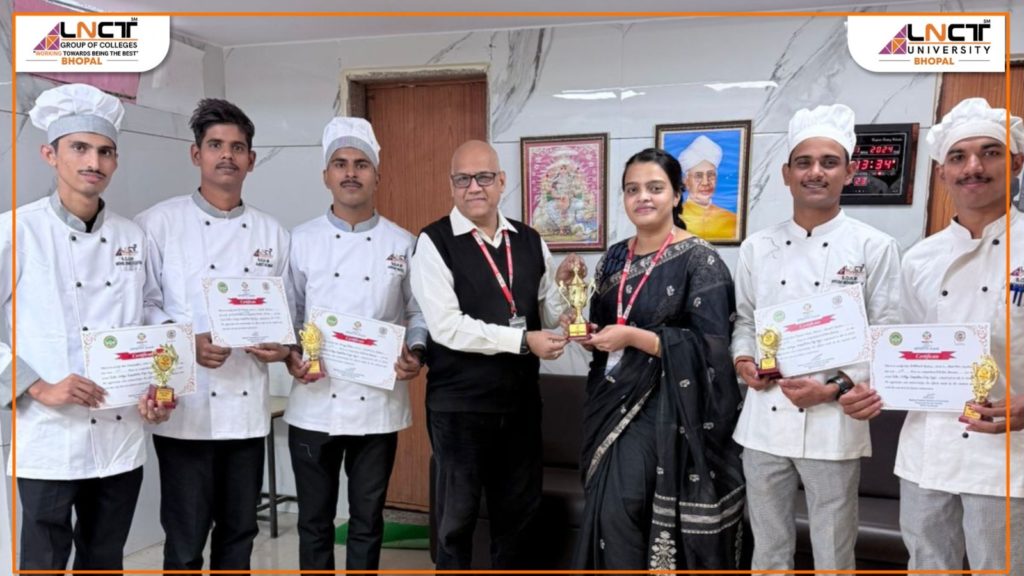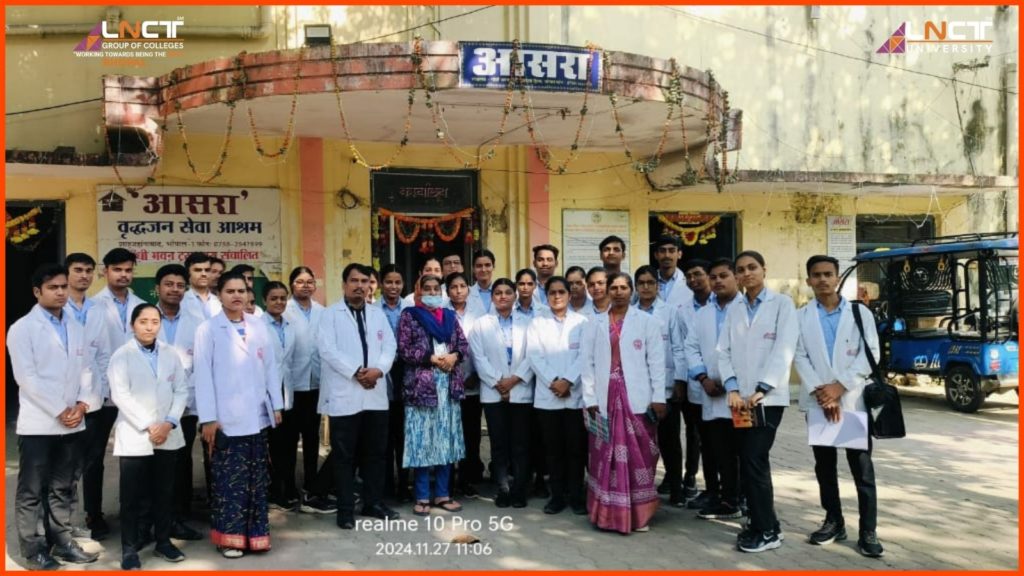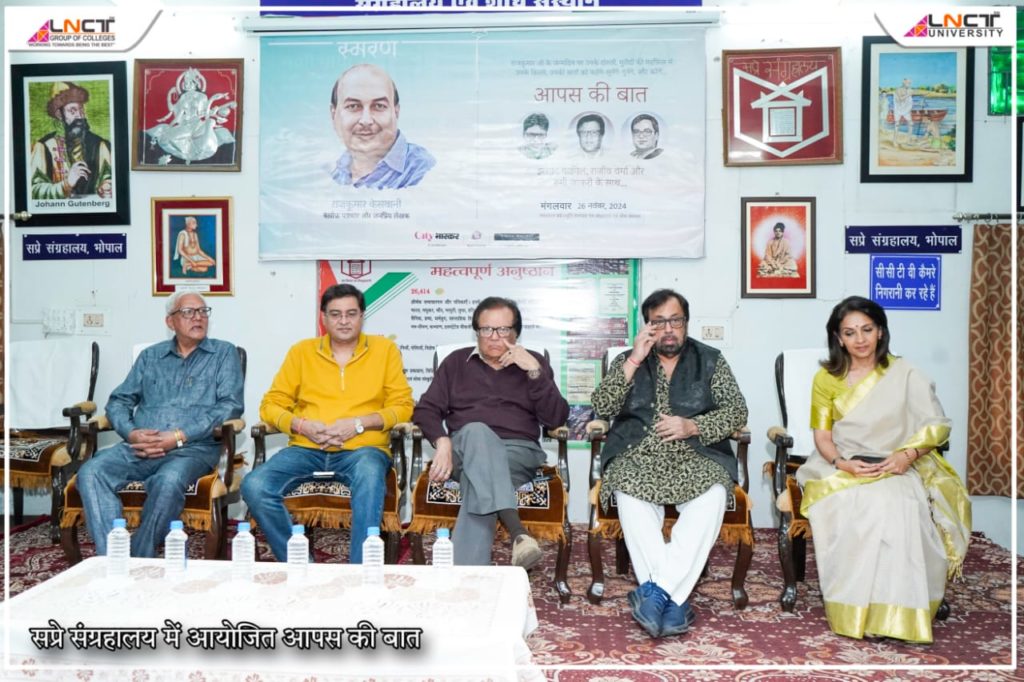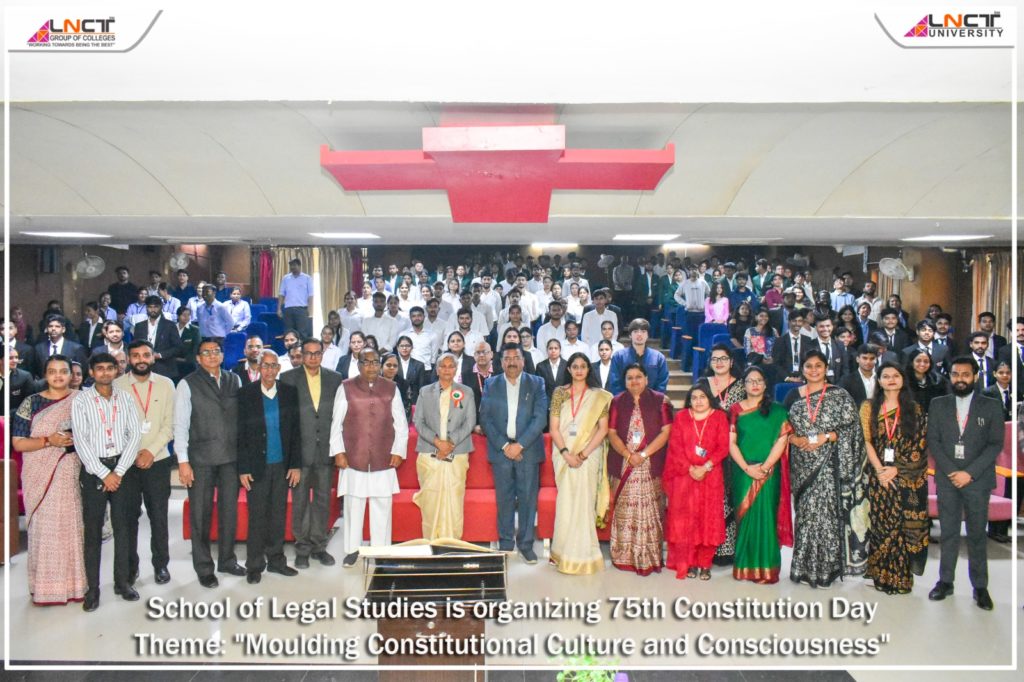Agriculture is an excellent subject in which to pursue a career. The profession is well-known and lucrative. Aside from that, the subjects covered in the courses are really interesting to learn. If you’re interested in biochemistry or plant biotechnology, the MSc agriculture is for you. Regardless, the course will enable you to do a variety of research projects. A master’s degree in agriculture is a postgraduate study program. You can enroll in the indicated course after graduating with a bachelor’s degree in agriculture.
Agricultural machinery, Plant Biology, Plantation Management, and Biochemistry are among the topics covered in the course. You’d also have to look at the Agricultural sector’s Marketing and Management attributes. Candidates will be pleased to learn that some of the topics covered in the courses are nearly identical to those covered in the BSc program, but with a more advanced framework.
What is an MSc in Agriculture?
Agriculture is a significant part of India’s economy. The ever-increasing demand for food necessitates the application of modern agricultural technology.
MSc Agriculture is concerned with sophisticated farming techniques as well as agricultural science.
The course will teach students how to grasp a variety of cutting-edge technology that will aid in the growth of the farming business.
The program offers a concentration in 12 distinct fields. Agronomy, Biotechnology, Agricultural Economics & Farm Management, Plant Physiology, Entomology, and Extension Education are some of these subjects.
It is a very lucrative course for students, with significant employment options in a variety of agricultural industries.
The subjects and modules of the M.Sc Agriculture program are designed to give an in-depth study of efficient agricultural practices and resource management approaches, as well as various specialized studies. The agriculture sector’s development will improve output rates and the efficient utilization of current resources. As agriculture is one of India’s primary contributors to the economy, this will have a significant influence on the economy.
Candidates who pursue this course will gain a stronger understanding of both theoretical and practical aspects of agricultural science, as well as its application in a variety of applied courses.
The course necessitates a high degree of knowledge and competency in agricultural science and botany, as well as an understanding of how to use basic agricultural procedures. This course allows students to gain a better understanding of the various types of specialized courses available in agricultural studies.
An agricultural product manager is responsible for studying various types of crops and recommending the best production methods to enhance yield while minimizing losses due to external causes. They are also actively involved in developing effective management methods for poultry and domestic animals, which directly contribute to the improvement of agricultural land.
Graduates work in government agriculture institutes, corporate agro-product companies, agricultural research scientists, and other fields. The course work is meant to integrate broad agricultural studies while placing a greater emphasis on specialist areas that allow students to branch out and specialize in a specific agricultural domain.
Why Should You Pursue an MSc in Agriculture?
M.Sc. in Agriculture is one of the most sought-after career options among aspirants, as graduates of this program are in high demand in an agriculturally dependent country like India. During this course, students are taught specialized skills that will enable them to hold key roles in large corporations.
Agriculture science is one of the most in-demand professions in today’s work market. The course provides students with the necessary training and knowledge in agricultural studies and their various applications, both theoretically and practically. Under the agricultural science topic, application studies are frequently conducted as specialized studies.
A minimum of 50% in undergraduate agricultural sciences courses, preferably with a B.Sc Agriculture background, is required to enroll in this program. This course is for graduates who are interested in focusing on agricultural studies and have a strong desire to do so in one of the fields. An MSc degree in any discipline is the most valued course in the domain of agricultural science, and graduates with an MSc degree are entitled to a plethora of work prospects with greater compensation.
Following are some of the career prospects open to M.Sc Agriculture graduates:
Senior Scientist in Research
Manager of Agro-Products Senior
Plant Breeder Senior
Researcher of Literature
Manager of agricultural operations
The primary responsibility of an Agriculture Science graduate is to apply agricultural methods to analyze crop development phases and provide frequent advice to deal with diverse crop harvesting scenarios. They’re also taught how to examine statistical research in the agricultural sector in order to predict market and sales rates, with a focus on the agro-economy.
Because agriculture development is so important to economic development, graduates of this course will have a lot of work opportunities. There are plenty of work opportunities for M.Sc Agriculture in India, thanks to a significant increase in the number of indigenous and multinational industries across the country.
Admissions to MSc Agriculture
Admission to the MSc Agriculture program is determined by the student’s graduation and entrance test scores.
The application forms are available in the months of May and June. As a result, once a student has determined which institution they want to apply to, they must complete the application form. The date of the entrance exam is then announced, and if the candidate passes the admission test, he or she will be considered for admission. There are three key steps to the admissions process.
LNCT University in Bhopal has a competitive academic curriculum and a vibrant intellectual environment. The Admissions Cells Office at LNCTU enrols students who are academically and behaviorally prepared to succeed in the demanding curriculum, who exemplify our slogan of learning with an open mind and who reflect our motto of growing through a spirit of inquiry.
LNCTU does not evaluate a single factor (such as exam scores in class XII) while evaluating each applicant holistically, but rather a variety of variables, including their personal past, opportunities accessible in their environment, and personal attributes. LNCTU is more likely to accept students who have excelled in co-curricular and extra-curricular activities such as action-learning research projects, internships, community volunteering, sports, performing arts, cultural and social service participation, and have demonstrated that they have pursued their passion.
Eligibility for an MSc in Agriculture
The following eligibility criteria must be met in order to be considered for the MSc Agriculture program:
Students must earn a bachelor’s degree from a recognized university in horticulture, forestry, or agriculture.
The student must also have a graduating grade point average of at least 50%. SC/ ST/ OBC/ PwD applicants are given a mark reduction.
How to prepare for the MSc Agriculture entrance exam?
The key to success is preparation. So, if you want to excel in the MSc Agriculture admission exams, bear the following points in mind:
In order to achieve a high score on the entrance exam, students should go to the university’s official website and download a copy of the official exam syllabus. This will provide them with a comprehensive understanding of the examination.
Each item listed in the syllabus should be properly reviewed by the students. They should also go over all of the key points from their graduating course.
The importance of revision cannot be overstated. Prior to the exam date, you should review all of the key topics. Additionally, you should begin your preparations at least three months prior to the exam date.
How do you get into an excellent college?
In India, there are a lot of MSc in Agriculture institutes, making it tough to choose a suitable one. We’ve discussed a few strategies for gaining admission to an excellent college:
You must have received above-average grades in high school. This will ensure that you meet the eligibility requirements. You must have a minimum of 50 percent in your graduation to be eligible for the course.
In addition, you should be adequately prepared for the entrance exam. To be admitted to a college of your choosing, you must score over the entrance exam cut-off.
You should be aware of all the dates associated with the admissions process. This covers the date of application submission, the date of the entrance exam, and so on.
Also, before applying to a particular college, do your homework. You must be aware of what current and former students and graduates have to say about the college. It’s also crucial to understand the placement scenario.
Success in agriculture education necessitates a set of skills.
Candidates who choose to study agriculture must first have certain basic abilities in order to succeed in their careers. Working in the agricultural area demands both hard work and brain. As a result, candidates must prepare thoroughly.
Working on your management abilities is the most basic requirement for pursuing a career in this industry. The more you’re used to effectively manage your tasks, the better you’ll be. The ability to learn is the next thing you should cultivate in yourself. Every day, the agriculture industry evolves. As a result, the amount of relevant data is growing. You may confront difficulties unless you have a strong learning ability.
Apart from that, solid analytical skills are required for a successful career in the industry. As an officer, your primary responsibility would be to examine the ground, its fertility, agricultural production trends, and a variety of other important factors. Things can get difficult if you don’t have the right analytical skills. Last but not least, people interested in a career in agriculture must have excellent communication skills in order to work well with coworkers.
Career Scope
The career possibilities in the sector of agriculture are extensive. You can establish your career both in the government and the private sectors. The value of the graduating degree in agriculture is incredibly great. If you opt to expand your knowledge in the sector by pursuing post-graduation, the opportunities become two times better.
Another thing to note is that some organizations would grant you additional promotion only if you have an MSc degree in Agriculture. If you choose to go with the government organization, you must realize that numerous State Agricultural Departments supply you with attractive prospects. With the MSc degree in Agriculture, you can savor the positions of the Officer level. Several government banks give jobs to the MSc degree holders to handle the loans and other major deals relating to agriculture. Hence, you might try your luck there as well. The work scopes of an Msc do not limit here. If you are willing to pursue a career as a professor, your MSc degree can allow you to achieve that also.
The potential in private firms is pleasant too. After earning the PG degree, you can simply join numerous known plantations in managerial jobs. Not only that, but the prospects can also enjoy the job at the firms of Fertilizer Manufacturers. You will be delighted to know that lectureship in private enterprises is also possible. Different private intuitions engage MSc degree holders for conducting lectures. Thus, you will not find any issue in searching for a respectable career after earning the MSc degree in Agriculture.
Job Responsibilities, Salaries, and Future Scope
The job possibility in the field of agriculture varied. It is because of the numerous job options in the field. Talking about work positions in detail, it is vital to clarify that the industry of agriculture is principally separated into four individual groups. These 4 separate divisions include animal breeding, agro science, agricultural inspection, and agribusiness. Regardless of what is indicated, occupations in the agriculture sector involve scientists and researchers as well. Thus, the work obligation in each domain is different from the others.
Candidates who are associated with agricultural work have to supervise and handle all the tasks that take place on the farm. People who pursue their job as agronomists after completing their PG course have to look after the crop and cultivation problem. They also have to do various different experiments to fix the issues. Besides that, the agronomists have to execute the task of discovering innovative strategies to improve the quality of the produce at a low price. On the other hand, the applicants who operate as the technician have to keep an eye on the practical features such as introducing improvement in technology and involvement in investigations.
The responsibility of the many occupations in the field is obviously challenging, but also fun to undertake. With talent and job experience, you can acquire high-profile positions even in overseas countries.
As noted above, the professional scope in the field is tremendous. Thus, the pay scale of the employees is varies depending on their job position and experience. But, needless to mention, that the wage package in each position is highly significant. On average, in the beginning, An MSc degree holder in Agriculture is offered roughly 25k to 35k a month. The income rises with the job position and skill.
Pros and Cons of choosing a profession in agriculture
Pros
You can choose from vast career possibilities
The agricultural industry is increasing every year massively
The demands in different work roles are high
The annual wage scale of each job post is considerable
Cons
Job pressure in high \sDuty hours are sometimes inflexible
Study Material
The books and study material can differ from one institution to others, but the most popular PG standard books in Agriculture include:
Cropping Systems and Sustainable Agriculture
Advances in Crop Growth and Productivity
Crop Ecology
Advance Technology in Cereals Production
Advance Weed Management
Crop Production and System Modelling
Principles and Practices of Weed Management
Advances in Water Management
MSc Agriculture Syllabus
| Agronomy | Biotechnology |
| Agricultural Economics & Farm Management | Plant Physiology |
| Entomology | Extension Education |
| Horticulture | Plant Breeding & Genetics |
| Plant Pathology | Soil Science & Agricultural Chemistry |
| Forestry | Food Science & Technology |
What are the Benefits of a Master of Science in Agriculture?
MSc Agriculture is a very successful program. Because India is a predominantly agricultural country, agriculture courses have always been in high demand. We’ve compiled a list of some of the most compelling reasons to pursue an MSc in Agriculture:
The students will learn about the many current techniques used in agriculture. This will be extremely beneficial to the farming industry’s development.
The focus of the course is on the scientific study of agriculture. This will help to improve the yield’s quality while also increasing the rate of production. The course also gives an integrated grasp of agricultural systems’ economic and social aspects.
Students will receive outstanding job offers from a variety of well-known nations. Agriculture/Dairy Industries, Fertilizer Industries, and Food Processing Units are all key job fields.
A fresher’s typical income ranges between 1 and 2.5 LPA. With experience, the salary will rise.
Students may also choose to undertake research in a variety of agriculture-related topics.
Future Prospects for MSc Agriculture
MSc Agriculture graduates can pursue a teaching career at a variety of educational institutions. He or she could potentially pursue a Ph.D. in a field of interest.
Students might also look for work in the public and private sectors. There are various companies that offer MSc in Agriculture students high-paying jobs.
Students will have to take a variety of admission exams in order to apply for jobs in the government sector. They will also take the UPSC exam.
MSc Agriculture students are often sought by government banks for positions involving the provision of agricultural loans to farmers.
Read About Our More Courses:
M. Pharm (Master in Pharmacy) – A Complete Guide
Electro Homeopathy: Course, Career & Job Prospects
Diploma in Health & Sanitary Inspection
Diploma in Acupuncture – A Step by Step Guidance





